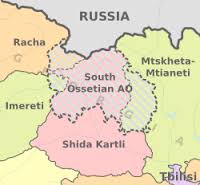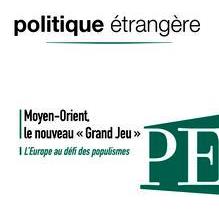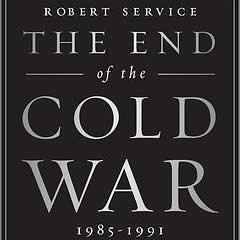(Carnegie Moscow Center) Over the past few years, the situation in and around South Ossetia has frequently incited heated debates. A new status quo was established in the Caucasus following the five-day war between Russia and Georgia in August 2008, when Moscow formally recognized South Ossetia as an independent sovereign state. The war also transformed Moscow from a peacekeeper and moderator into South Ossetia’s patron, the guarantor of its security, and the underwriter of its economic recovery.
The West does not recognize the new status quo and continues to back Georgia’s territorial integrity and to chastise Russia for supporting separatism.
British political analyst Laurence Broers has said that “de facto states tend to be seen only in the context of their interactions with external actors and peace processes.” Broers’s analysis can be taken further. Unrecognized and semi-recognized post-Soviet states tend frequently to be seen only in the context of geopolitical games derived either from the Kosovo precedent or the Crimea case—international affairs issues that shape relations between Russia and the West. If South Ossetia were annexed, the West would inevitably view this as a direct continuation of the Crimea initiative, which would prompt a new round of confrontation. However, in reality, the situation in South Ossetia follows its own course and has no connection to the events in Crimea and Kosovo. […]
Read More © Carnegie Moscow Center











